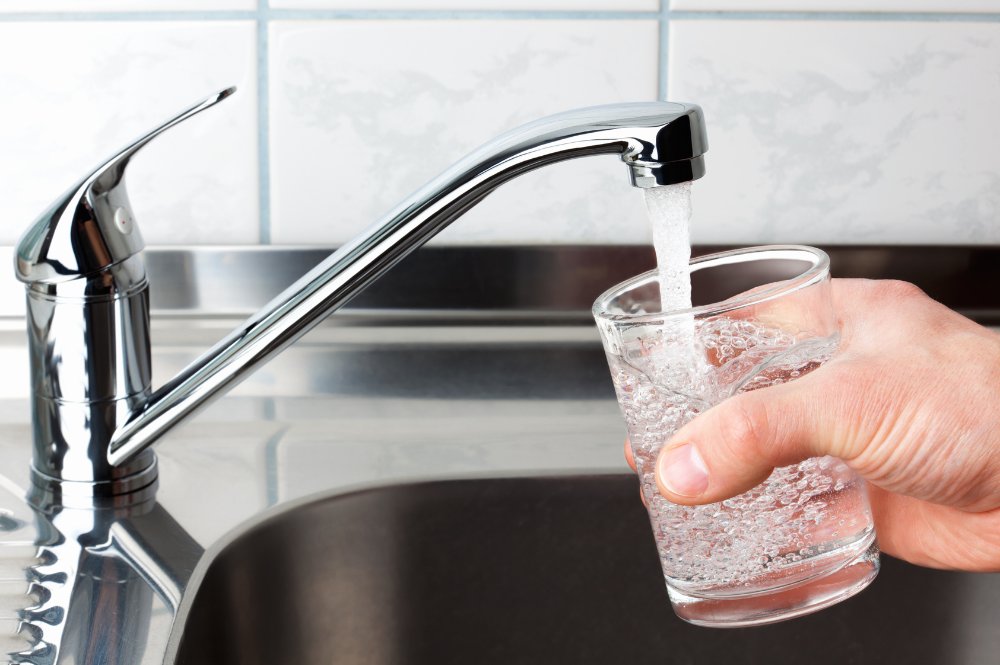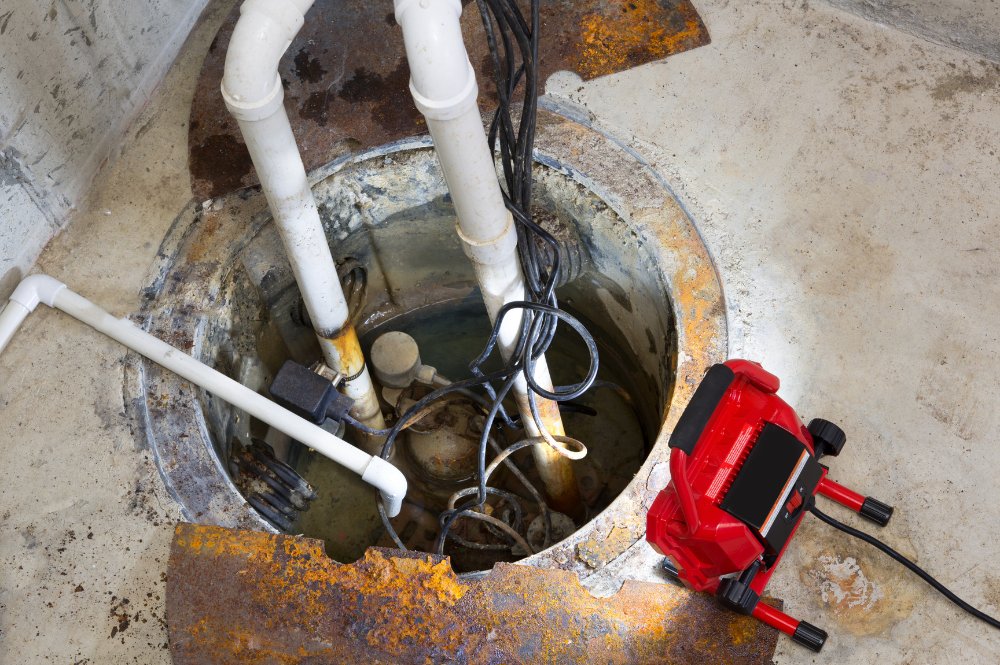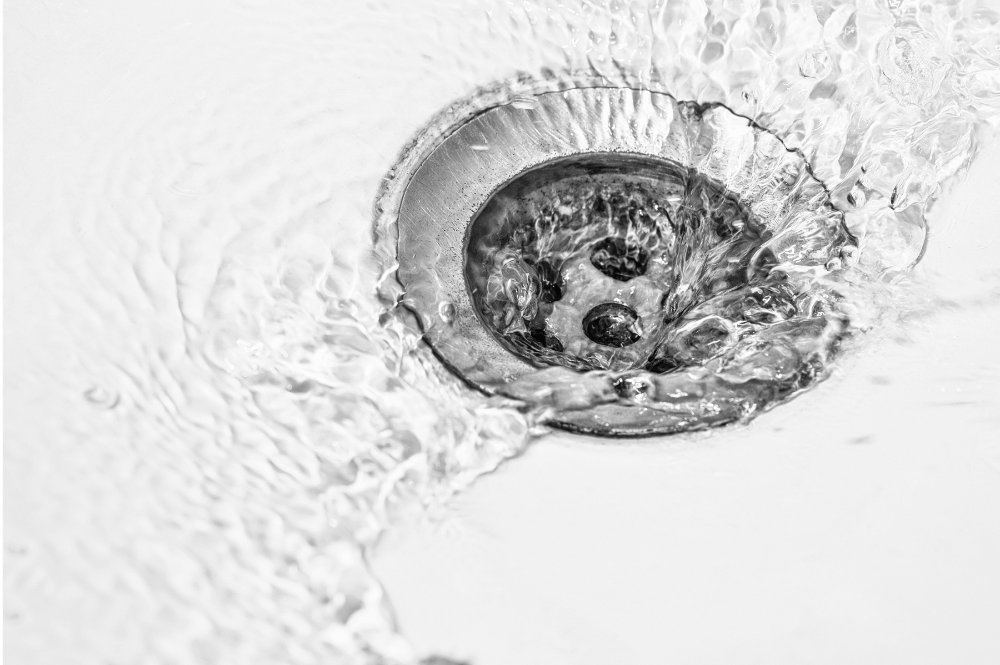Water is the lifeblood of any home, flowing through pipes, fueling appliances, and quenching thirst. But not all water is created equal. If your tap water has an unpleasant taste, leaves stubborn stains, or damages plumbing fixtures, it’s time to rethink what’s in your supply. Contaminants like chlorine, heavy metals, and bacteria can compromise not just the taste of your water but also your health and home infrastructure.
The solution? Installing water treatment systems that effectively remove impurities, improve water quality, and extend the lifespan of household appliances. Whether you’re dealing with hard water, sediment buildup, or unknown pollutants, home water filtration offers a tailored approach to cleaner, safer water.
Different Types of Water Treatment Systems
Not all filtration methods address the same concerns, so choosing the right system depends on the specific issues affecting your home’s water quality. Here’s a breakdown of the most effective options:
- Water Softeners: Hard water causes mineral buildup in pipes and appliances, leading to inefficiencies and costly repairs. A water softener removes excess calcium and magnesium, preventing scale and improving soap lathering.
- Lancaster Water Treatment Systems: These high-quality filtration and softening systems are engineered to remove impurities, reduce hard water minerals, and enhance overall water quality throughout your home.
- Well Pumps & Well Tanks: If your home relies on well water, maintaining a functional well pump and storage tank is crucial for consistent water pressure and quality. Ultimate Plumbing ensures these components operate efficiently for a reliable water supply.
- pH Neutralizers: Acidic water can corrode pipes, stain fixtures, and cause a metallic taste. A pH neutralizer balances water acidity, preventing long-term damage to your plumbing system and improving overall water safety.
Understanding your specific water concerns is the first step toward selecting the most effective home water filtration system. A professional water test can identify problem areas and help tailor a solution to your needs.
The Benefits of Investing in Water Treatment Systems
Say Goodbye to Unwanted Contaminants
Municipal water treatment processes remove many impurities, but they’re not foolproof. Heavy metals, pesticides, and chlorine byproducts can still make their way into your supply, affecting taste, odor, and safety. Installing a filtration system ensures your water is free from these lingering pollutants, providing a cleaner, healthier source for drinking, cooking, and bathing.
Protect Your Plumbing and Appliances
Mineral deposits from hard water aren’t just an eyesore—they’re a threat to your home’s entire plumbing network. Over time, scale buildup restricts water flow, reduces appliance efficiency, and shortens the lifespan of water heaters, dishwashers, and washing machines. By softening and filtering your water, you protect your home’s infrastructure, leading to fewer repairs and longer-lasting fixtures.
Healthier Skin and Hair
If your shower leaves your skin feeling dry or your hair dull and brittle, your water could be to blame. Hard water prevents soap from lathering properly, leaving behind a residue that irritates skin and clogs pores. A high-quality home water filtration system removes excess minerals and harsh chemicals, allowing for softer showers that leave skin refreshed and hair more manageable.
Cleaner, More Effective Household Chores
Ever notice white spots on dishes, streaks on glassware, or soap that doesn’t seem to rinse away? Hard water interferes with cleaning efforts, causing laundry to feel stiff and detergent to leave behind residue. Water treatment systems eliminate these frustrations by improving the effectiveness of soaps and detergents, ensuring dishes sparkle and clothes feel softer after every wash.
Better Tasting and Safer Drinking Water
A glass of water should be crisp and refreshing—not metallic or chlorine-laced. Filtration removes unwanted tastes and odors, making every sip more enjoyable. Whether you rely on a reverse osmosis system for purified drinking water or a whole-house filter to eliminate chlorine from every tap, improving water quality enhances both hydration and peace of mind.
Choosing the Best Home Water Filtration System
Selecting the right water treatment system depends on your household’s unique needs. Consider the following factors before making a decision:
- Water Quality Testing: A professional test can reveal specific contaminants present in your water supply.
- Household Size & Usage: The number of people in your home and daily water consumption influence the capacity needed for effective filtration.
- Filtration Goals: Whether you want softer water, better-tasting drinking water, or full-scale contaminant removal, different systems provide different benefits.
For optimal performance, professional installation ensures proper setup and efficiency. Routine maintenance, such as replacing filters and monitoring softener salt levels, keeps your system running at peak performance.
Improve Your Water Quality Today with Expert Help
Cleaner water isn’t just a luxury—it’s essential for a healthier home. If you’re ready to eliminate contaminants, protect your plumbing, and improve overall water quality, a customized water treatment system is the answer. Contact Ultimate Plumbing today for expert advice and professional installation.
Frequently Asked Questions
How can I tell if my home needs a water treatment system?
Signs of poor water quality include a metallic or chlorine taste, cloudy water, white scale buildup on faucets, and frequent plumbing issues. A water test can confirm specific contaminants.
What’s the difference between a water softener and a filtration system?
A water softener targets hard minerals like calcium and magnesium, preventing scale buildup. A filtration system, on the other hand, removes a broader range of impurities, including chlorine, sediment, and bacteria.
Will a filtration system affect my water pressure?
Most systems won’t noticeably impact pressure. However, reverse osmosis systems may slightly reduce flow at a single faucet due to the purification process.
How often do filters need replacing?
It depends on the system and water quality. Most filters require replacement every 3-6 months, while some whole-house systems last up to a year. Water softeners also need periodic salt refills.
Can a filtration system help with well water?
Yes, well water often contains bacteria, iron, and sediment. A combination of filtration and UV purification can effectively treat well water for safe use.
Is a whole-house system necessary, or is a point-of-use filter enough?
Point-of-use filters work well for drinking water, but whole-house systems provide comprehensive protection by improving water quality at every tap. The right choice depends on your home’s needs.




